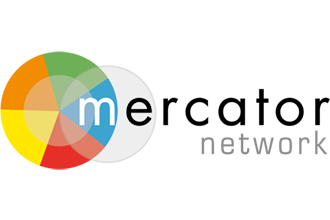LEARNMe - Mercator Network
Less widely spoken languages have very special needs when it comes to education. Often practitioners but also policy makers are over-strained when it comes to finding solutions for these needs.
The LEARNMe (Language and Education Addressed through Research and Networking by Mercator) project is an EU funded project providing policy guidelines and recommendations for policy stakeholders in the field as well as for practitioners. These guidelines and recommendations are meant to provide a very practical outline of how multilingual needs of less used languages can be approached. We furthermore will find out how implicit or explicit policies on multilingualism and linguistic diversity can be effective through education and for what purposes.
Research theme
Multilingualism and Language learning
Project leader
Cor van der Meer
Staff
Jorrit Huizinga
Duration
2013-February/2016
Funding
Funded with support from the European Commission
Collaboration with
The Mercator Network
Products
The Mercator Network is proud to present the final product of its LEARNMe project: the White Paper on Linguistic Diversity. The original, English-language White Paper is available in two different versions: a full version and an abridged edition.
The White Paper has been translated into the languages of the Mercator Network, including Hungarian Sign Language. For more information, please visit the Mercator Network website.

Project activities
During the period 2013-2015, the Mercator Network, through the LEARNMe project (Language and Education Addressed through Research and Networking, Mercator) will host a series of three specialist international workshops (held in Aberystwyth, Stockholm and Barcelona), leading up to an international conference to be held in Budapest in 2015. The focus of these events will be to revisit, reanalyse and redefine the dynamic concept of linguistic diversity and its impact and relevance across the European Union.
Each of the three workshops will conclude in the production of a position paper which will in turn form the basis of a white paper which will be presented at the final conference in 2015. This final conference, to be held in Budapest in September 2015 will be attended by academics, politicians, policy makers, practitioners, activists and other key stakeholders across the European Union.
Funding
This project has been funded with support from the European Commission. This publication reflects the views only of the author, and the Commission cannot be held responsible for any use which may be made of the information contained therein.

